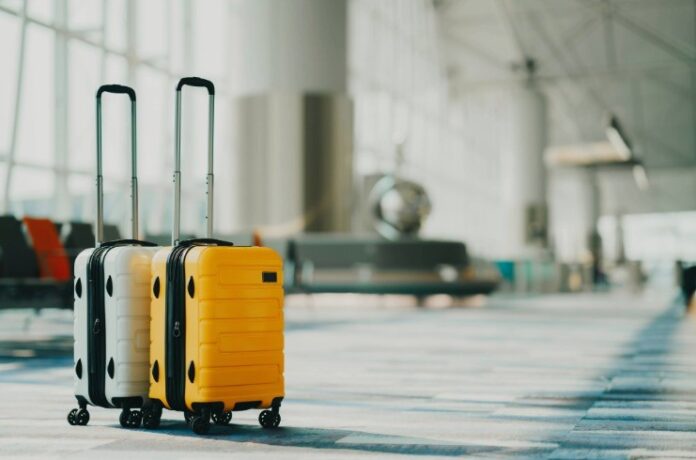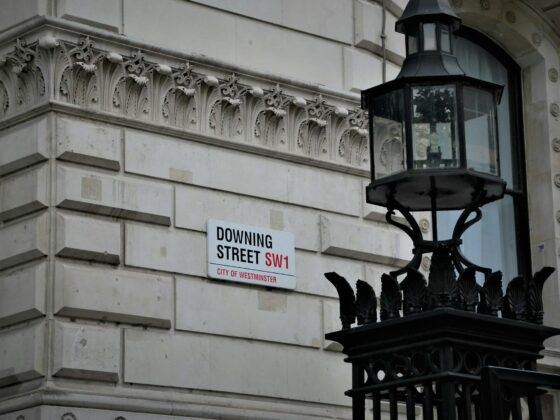
Tariff announcements in the spring, coupled with political friction between the United States and Canada, led travel experts to predict a significant downturn in inbound international travel for 2025 and possibly beyond. With the dust beginning to settle on the tariff issue and rhetoric starting to cool, what do the numbers look like now, and what can hoteliers, resort owners, and restaurateurs do to protect their businesses from the worst effects?
By the Numbers
A Tourism Economics report from August now projects an 8.2 percent decline in international arrivals to the United States in 2025, down from an expected increase of 9 percent predicted last December. That reversal of 17.2 percent is expected to lead to a decrease in visitor spending of 4.2 percent, or $8.3 million. The report indicates that international bookings into the United States for August through October 2025 are trending 10-14 percent lower than in 2024.
Reductions in travel from Canada make up the largest part of the overall decline. As of August, air travel from Canada was down 35.6 percent to 43 percent compared to the same time in 2024. Canadians seem to be moving their travel plans farther south, as trips from Canada to Mexico are up 11.8 percent to 13.5 percent.
Factors Driving These Trends
Three major factors are driving the fall in U.S. tourism from abroad: tighter travel budgets, the strong dollar, and a sense of unease associated with travel to the U.S.
- Tighter travel budgets— The lingering effects of tariffs and trade wars create uncertainty around price expectations, leading potential tourists to rethink spending and begin tightening their belts. For many people, travel is one of the first spending categories to cut.
- Strength of the dollar—A strong dollar makes just about everything in the United States more expensive for visitors from other countries. While a strong dollar is great for Americans who travel abroad because their money goes farther, it has the opposite effect on international tourists coming stateside. While the value of the dollar has been seesawing recently, it’s generally believed that tariffs lead to a strengthening of the currency of the country levying them.
- Worldwide sentiments – A recent Pew Research Center study shows that global views of the United States have dropped significantly, from the two countries with the largest number of inbound tourists. Canadian favorability is down to 34 percent in 2025 from 54 percent in 2024, and Mexico has seen a decrease from 61 percent to 29 percent. Thirteen other countries, including Australia, France, and Germany, also have a majority of citizens with negative sentiments about the U.S. As a result, they are shifting their vacation or business plans to other countries. Travel agencies are reporting cancellations of trips by international travelers for these reasons as well.
Ways to Respond
Individuals and businesses can’t significantly move the needle on macroeconomic issues, but there are ways they can strengthen the bottom line in these challenging conditions. A group of Vermont business owners is considering “Canada Days” with special events to welcome neighbors from the north. Hoteliers who have hosted repeat visitors in the past can reach out with personal invitations to come back. Social media and targeted emails to former guests can help offset some of the negative rhetoric in the news. The hospitality industry is all about making people feel welcome, so any efforts to spread that message—that visitors from abroad will be welcome—can help improve those relations.
What About Staffing?
With the swings in demand and uncertainty of the full impact in the current climate, hospitality staffing can be a challenge. It’s possible that businesses may reduce their staff to critical employees only. But what should these businesses do when they have a sudden spike in demand? A trusted staffing partner can help ease that burden by recruiting high-quality temporary help to fill in gaps and supplement full-time employees. The staffing agency does the recruiting and initial screening; when appropriate candidates are identified and the client agrees, the staffing company handles the hiring and takes care of the payroll taxes and workers’ compensation insurance. The client has a flexible workforce that seamlessly matches their up-and-down needs for staffing.
Looking Ahead
No one knows how long the effects of these factors are going to last, but it’s a safe bet that staffing needs will be in flux for a while. Look for a staffing partner with plenty of experience in the hospitality industry that is committed to working alongside their clients as partners in success.









